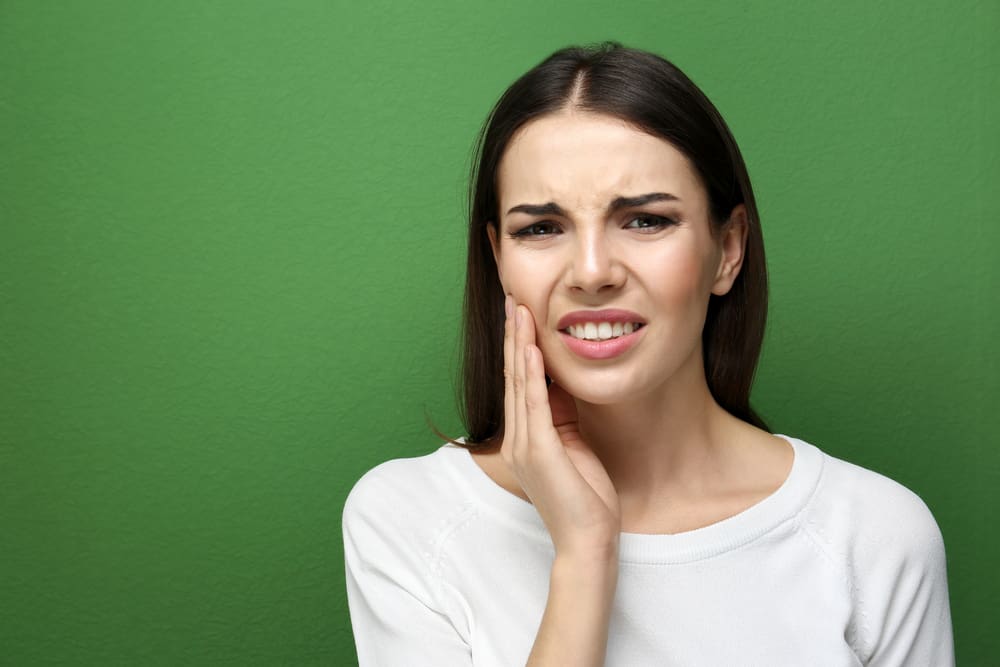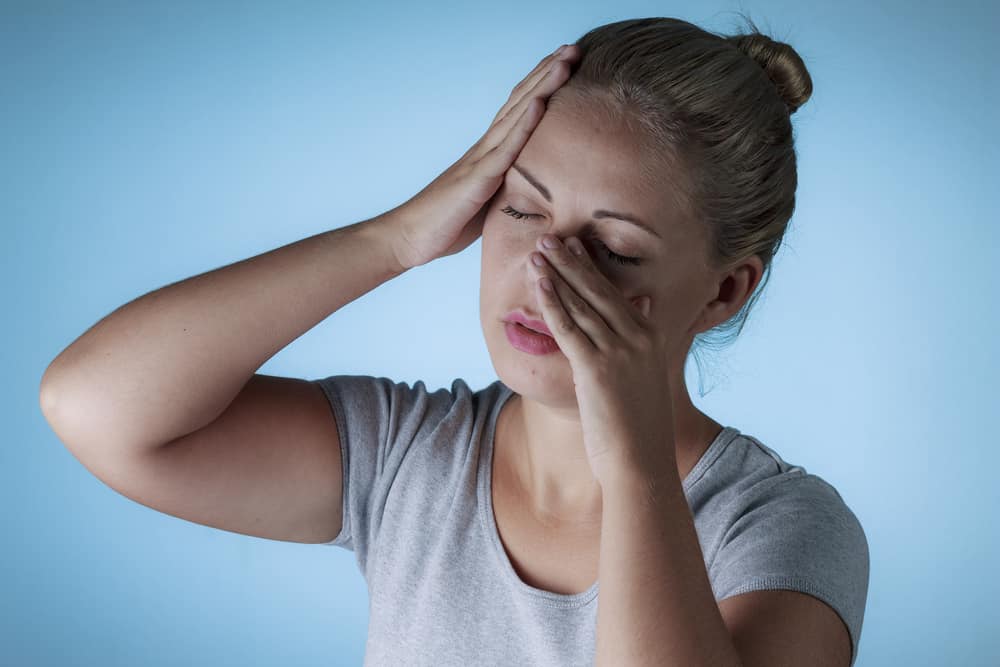Tooth pain can be a stubborn thorn in a runner’s flesh.
Much like cyclists and joggers, runners often suffer from nagging dental pain that can ruin a perfectly good adrenaline rush.
At some point, you’ll have to stop and say: “It’s time to figure out why do my teeth hurt when I run.”
Thankfully, you’re in the right place.
In this post, we go over some of the most important causes of toothache while running and how to deal with it.

Why Do My Teeth Hurt When I Run: Top 5 Reasons
Let’s go ahead and take a look at five of the most common reasons behind painful runner’s teeth:
1. There’s an Increased Blood Flow to Your Mouth
Since running is an aerobic exercise, it gets your heart rate up and going. This is good for your cardiovascular system, weight maintenance goals, and even mental health.
However, this increase in cardiac output means blood is pumped with higher intensity all over your body, including your mouth.
With higher blood pressure, it’s normal for a runner to experience slight discomfort in the oral cavity.
The Solution
For the most part, the increase in blood flow only causes a very faint sensation that shouldn’t inconvenience you.
If the pain seems stronger than that, it might be because you have other underlying dental issues.
For instance, any minor inflammation in your teeth or gums can be exaggerated by the higher blood flow, which increases the pain.
Check the remaining items on the list and see if you need to handle any complicating factors.

2. You’re Clenching Down on Your Teeth
Perhaps one of the most common reasons behind tooth pain during intense running sessions is bruxism.
Bruxism is when you clench down your jaw unconsciously. This way, you’re grinding down your teeth during your run.
No wonder your teeth are hurting!
Additionally, the tense mouth is more likely to suffer from a shock or a vibration with every stride on the rock-hard asphalt.
Keep in mind that in the case of bruxism, the pain is generalized all over the mouth unless you have a tooth that’s significantly higher than the rest.
The Solution
The issue with bruxism is that it’s an unconscious mistake, and unless you’re actively aware of the problem, you can easily fall into it.
To tackle this, turn relaxing your jaw into an integral part of your running form. Every lap, you can check your pose from head to toe.
This way, even if you lose focus for a while, you’ll unclench your jaws every time you reset your running form.
Remember to run on tracks with even surfaces to keep the tension to a minimum!
3. Your Teeth Are Sensitive to Cold Air
Under the tooth enamel, there’s a layer of dentin that has microscopic tubules that lead to the bulb with all the nerve endings responsible for teeth pain and sensitivity.
If your enamel layer is worn down or you suffer from gum recession, the bulb gets exposed to cold air sensitivity through the dentin.
You can tell that this is the case if you feel sharp pain with every inhale. You’ll also notice that drinking ice water replicates the sensation.
A broken tooth is going to be even more sensitive to cold air. A cavity or a periodontal disease are also considered risk factors that increase the pain.
The Solution
Cold sensitivity can be handled with a range of dental care products like specialized toothpaste. Just make sure you’re using a soft brush around the gum line.
You can also try breathing in through your nose. You should only involve your mouth in exhalation to limit exposure to cold air.
If you have any complicating dental conditions like a cracked tooth, you might have to get it fixed first.

4. Sinusitis Is Creeping In
Sometimes the issue isn’t necessarily in your mouth at all. A sinus infection can replicate the lingering tooth pain.
That’s because the congestion and inflammation cause the tissues to swell, putting pressure on your oral cavity.
It shouldn’t be too hard to identify the issue here since sinus problems make themselves known through an array of symptoms, from a runny nose to headache.
As a runner, your sinusitis might be triggered by the cold air in early morning runs or pollen in the case of seasonal allergies.
The Solution
If you find that cold air worsens your sinusitis, try rescheduling your morning runs later in the day when it’s warmer.
For seasonal allergies, consult a physician about the best medication options for your case.
Some people find that saline sprays help reduce the secretions and relieve the tooth pain associated with sinusitis.
5. You Have Dental Infections
Did you know that over half of us get a tooth cavity at some point during our adult life?
Besides the fact that you might be overdue for your dental checkup, the main issue here is that the bacterial cavities exaggerate the pain from other problems like clenching, cold sensitivity, and increased blood flow.
You’ll be more likely to spot the pain even when you’re not running. Plus, it’s probably going to be localized to a specific tooth, and not a generalized sensation.
You might even get bad breath inside the oral cavity as a side symptom of a bacterial tooth infection.
The Solution
Minor infections in the gums could be handled using mouthwash at least twice daily.
For tooth cavities or serious inflammations, you’ll need a visit to the dentist to get some work done.
The sooner you get to the problem, the less likely you’ll suffer from a painful (and expensive) complication like a root canal.
Final Thoughts On Why Do My Teeth Hurt When I Run
To answer the question “Why do my teeth hurt when I run?” you need to look into a few common causes, from an infection in the gums to bruxism.
The sooner you identify the issue, the faster you’ll be able to enjoy your running sessions unbothered by the nagging pain.
Remember that dental checkups can help you tackle problems before they get worse!
